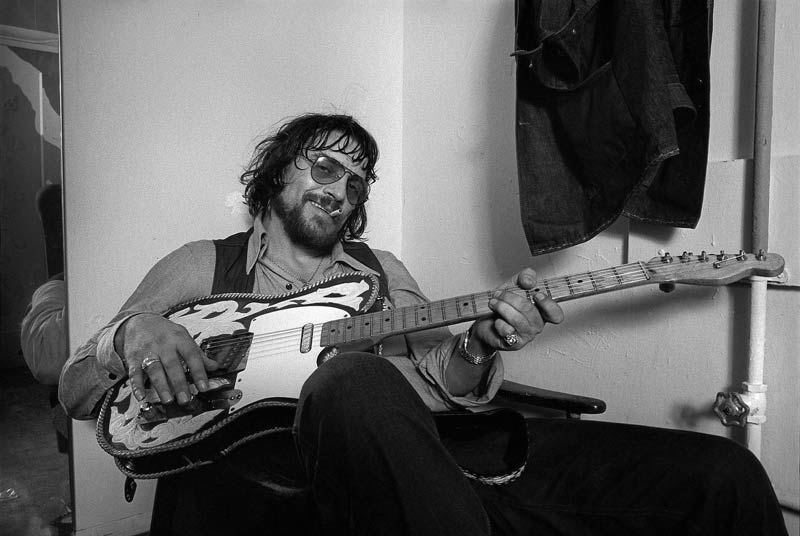Waylon Jennings’ Defiant Farewell: The Story Behind Goin’ Down Rockin’
When most artists fade quietly into the background, Waylon Jennings chose a different path. His final recordings, released in 2012 under the title Goin’ Down Rockin’: The Last Recordings, were not a gentle goodbye—they were a battle cry, a reminder that the outlaw spirit never dies.
Recorded during the last years of his life before his passing in 2002, the song “Goin’ Down Rockin’” became more than just another track—it was Waylon’s final manifesto. His body may have weakened, but his voice carried the grit, defiance, and honesty that had defined him since the beginning.

From the opening line—“I was born a rebel, down in Dixie / On a Sunday morning…”—Jennings makes it clear this isn’t a song about surrender. It’s a declaration of who he was: a rebel, a fighter, a man who lived and breathed music on his own terms.
The production, overseen by Robbie Turner, honored Waylon’s raw vision. Using his original vocal tracks recorded before 2002, Turner and Jennings’ longtime bandmates layered in instrumentals that respected the authenticity of his sound. The result wasn’t polished to perfection—it was preserved in truth. Every note, every rasp in his voice, carried the weight of a man staring down the end with no fear.

Unlike the glossy Nashville productions Waylon once rebelled against, Goin’ Down Rockin’ strips everything back. It’s raw, unfiltered, and deeply human—just like the man himself. The songs are less about selling records and more about leaving behind an unshakable legacy, a reminder that Jennings never compromised, not even in his final days.
To his fans, the album is more than music—it’s a promise fulfilled. Waylon said he’d go out rocking, and he did. No silence. No surrender. Just the sound of a legend with a guitar in his hand, his voice still burning with fire.

For a generation raised on his outlaw anthems, Goin’ Down Rockin’ is not just Waylon’s last chapter. It’s proof that authenticity outlives everything—even time.




